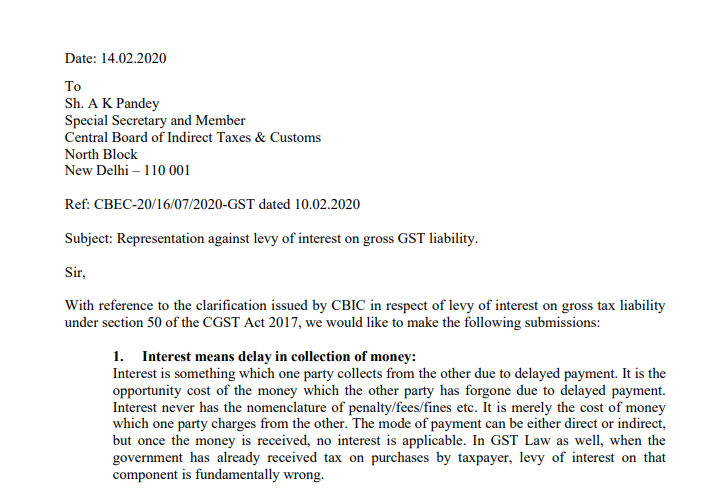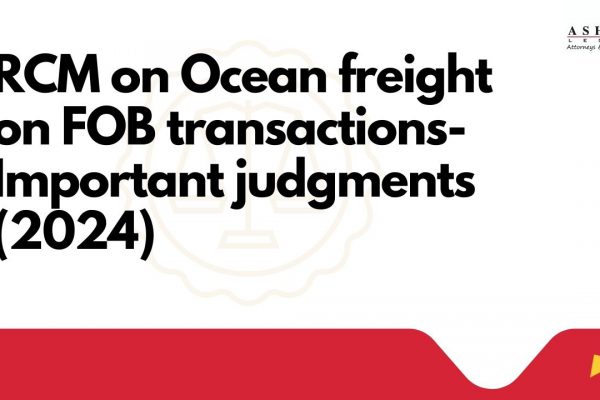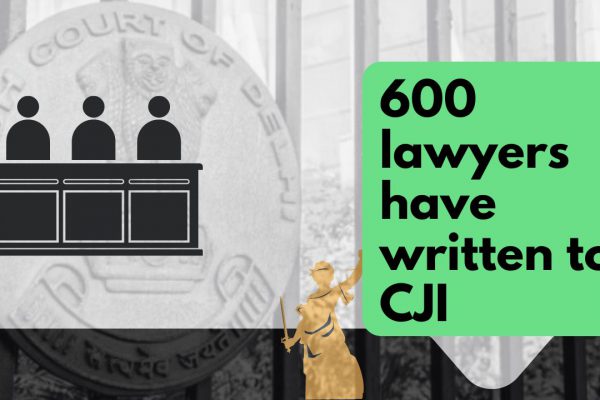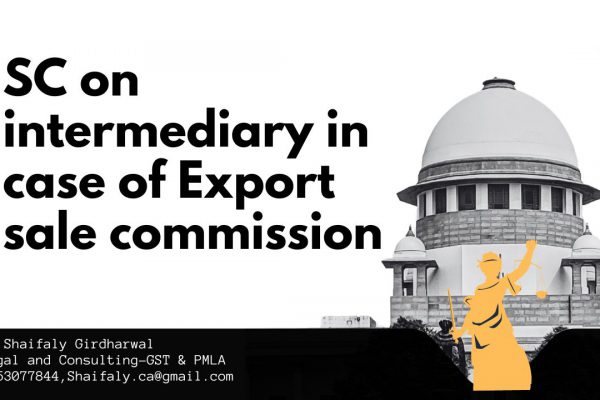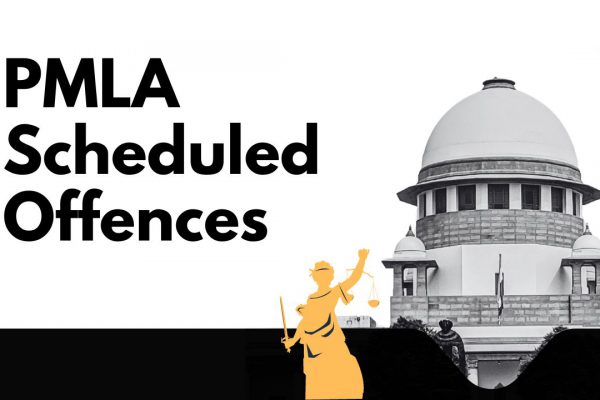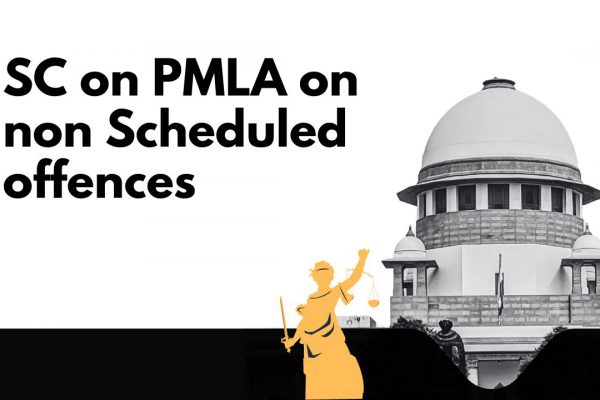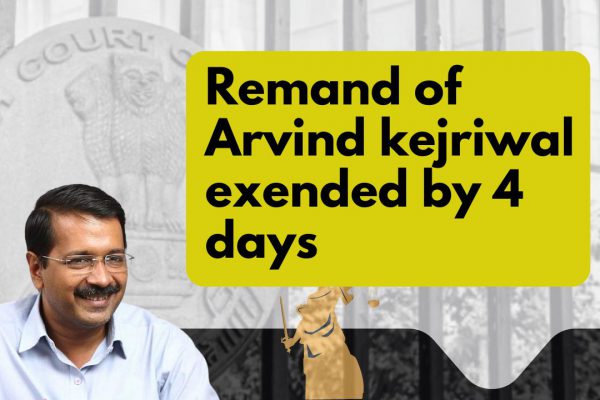Representation against levy of interest on gross GST liability.
To
Sh. A K Pandey
Special Secretary and Member Central Board of Indirect Taxes & Customs
North Block
New Delhi – 110 001
Ref: CBEC-20/16/07/2020-GST dated 10.02.2020
Subject: Representation against levy of interest on gross GST liability.
Sir,
With reference to the clarification issued by CBIC in respect of levy of interest on gross tax liability under section 50 of the CGST Act 2017, we would like to make the following submissions:
1. Interest means a delay in collection of money:
Interest is something which one party collects from the other due to delayed payment. It is the opportunity cost of the money which the other party has forgone due to delayed payment. Interest never has the nomenclature of penalty/fees/fines etc. It is merely the cost of money which one party charges from the other. The mode of payment can be either direct or indirect, but once the money is received, no interest is applicable. In GST Law as well, when the government has already received tax on purchases by the taxpayer, levy of interest on that component is fundamentally wrong.
2. GST is a value-added tax:
Value addition has been the essence of GST. The intent of the legislature is to collect tax on the value addition made by the supplier. If we continue to charge interest on the full amount including those which have been paid by the earlier suppliers in the chain, it will tantamount to the government collecting interest on the tax already received by it. Section 50 does not use the term “output tax” rather it uses the term “Tax” which is liable to be paid by the taxpayer. Had the term output tax would have been used, the levy of interest on gross amount might have some substance. The government must interpret the law in the right perspective keeping aside its own interest in the matter. Levying interest on the amount already collected by the government is totally uncalled for.
3. Rule of Harmonious construction must be followed:
Although we understand that the Income Tax Act and GST are quite different, the government should not adopt different approaches when recovery of tax is concerned. ITC in GST is quite similar to TDS under Income Tax Act. Rather the provisions in respect of ITC are more stringent than TDS. The Income Tax Department had always been issuing cash refunds for excess TDS deducted but that is not the case under GST except in few cases. Also, interest in the former is recovered only on the net tax payable by the assessee and not on the gross amount. Levy of interest on tax which has already been collected by the government directly or indirectly is bad in law which puts an additional burden on the taxpayer.
Download the copy:
If you already have a premium membership, Sign In.
 ConsultEase Administrator
ConsultEase Administrator
Consultant
Faridabad, India
As a Consultease Administrator, I'm responsible for the smooth administration of our portal. Reach out to me in case you need help.


